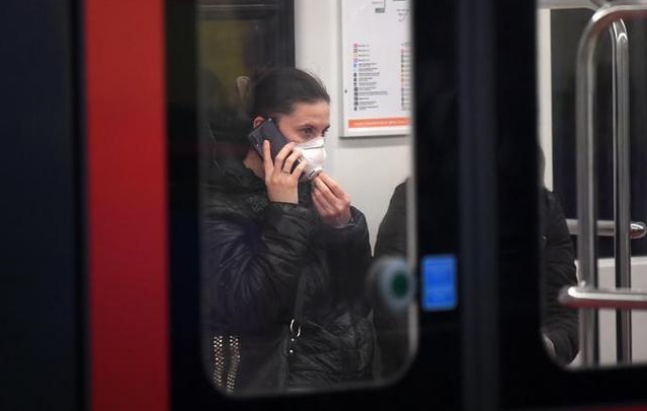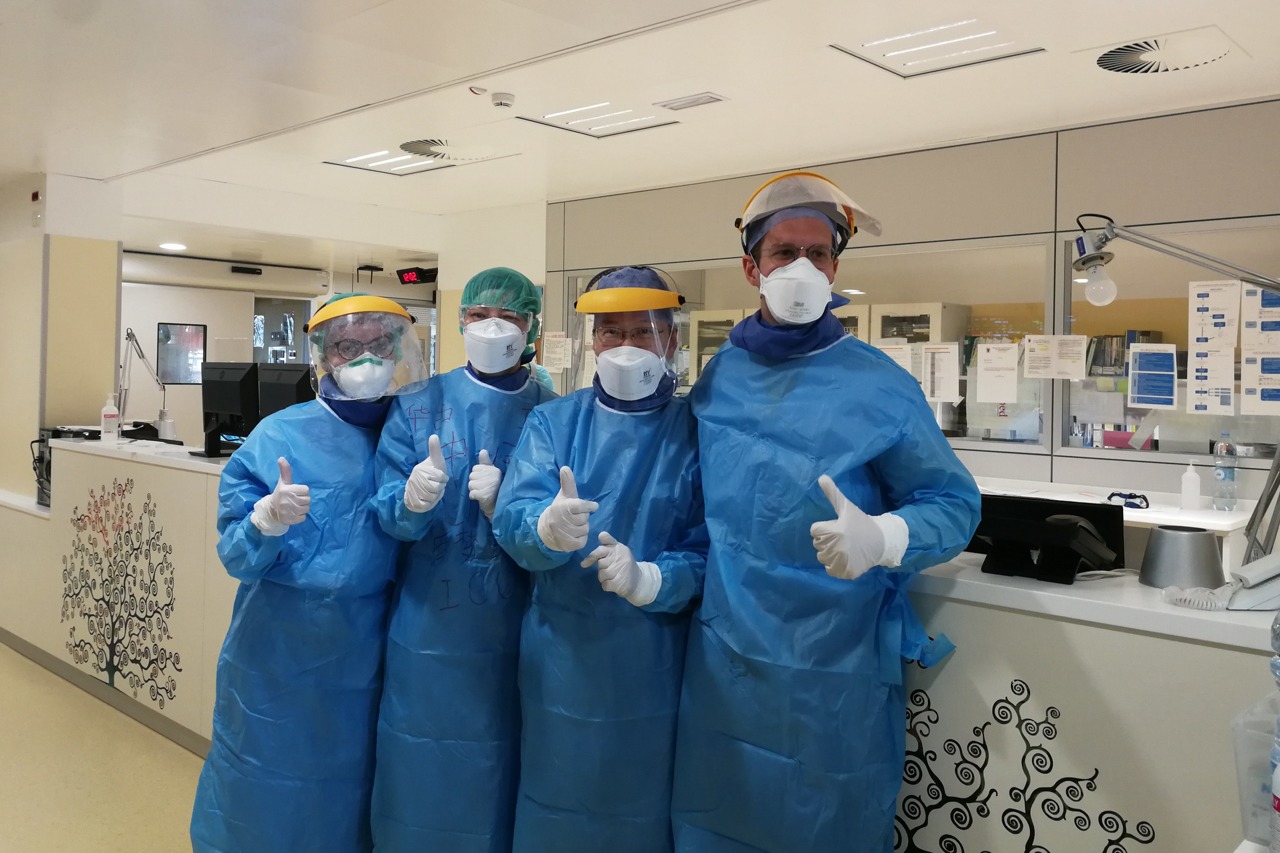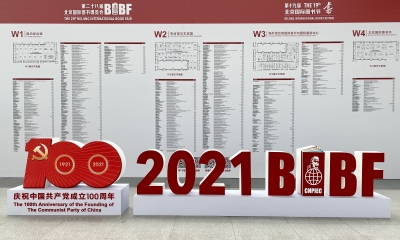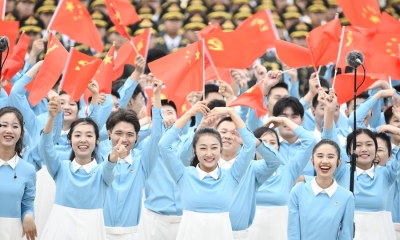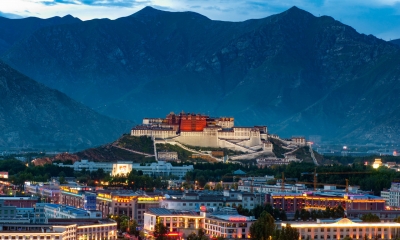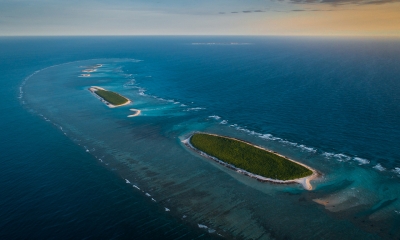China’s Medical Aid to Be Blamed? See What the Recipients Have Said
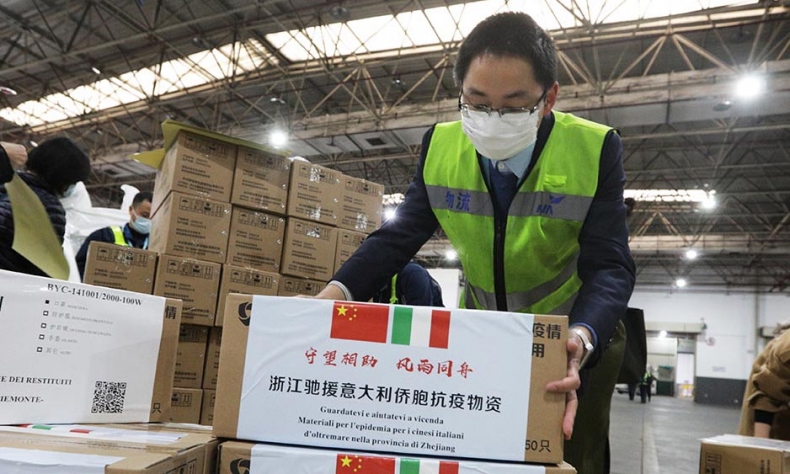
Despite allegations of gaining control and tales of information warfare, many leaders have expressed sincere gratitude to China for their unparalleled support during the current global crises.
In the global war against COVID-19, a growing number of countries are running desperately short of the essential supplies required to defeat the deadly microscopic enemy. Stocks of face masks, goggles, testing kits, infrared thermometers, protective clothing and ventilators are all dangerously low.
Having had arguably the greatest success in controlling the virus thus far, China has ramped up production of vital supplies and is now leading the way in providing humanitarian aid and assistance to struggling countries. Officials in Beijing say it is the largest aid effort coordinated by the country during a global health crisis since 1949.
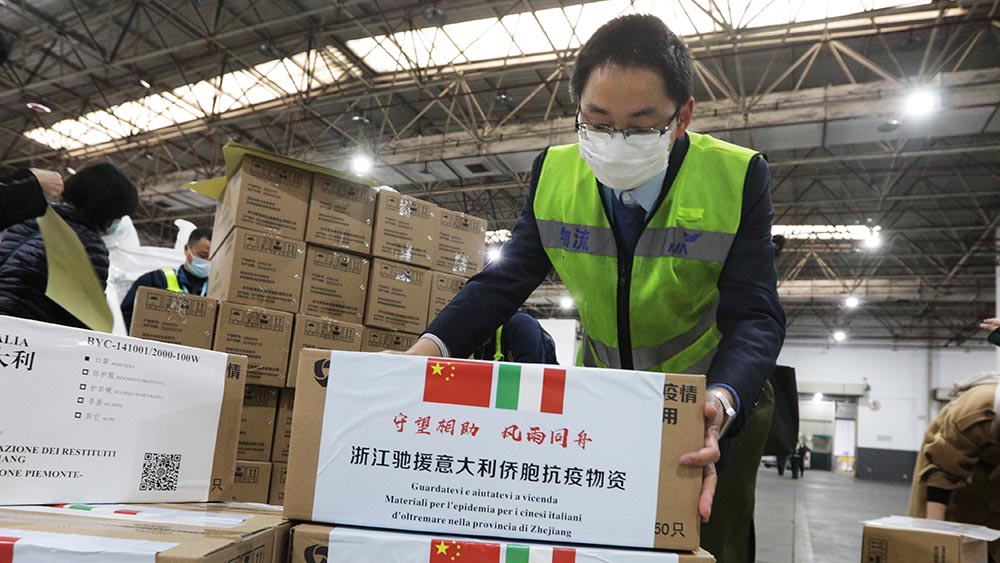
China’s General Administration of Customs (GAC) confirmed it had examined and released 10.2 billion yuan (US$1.44 billion) of pandemic control supplies since March 1. Almost four billion masks, 16,000 ventilators, 37.5 million pieces of protective clothing, and 2.84 million coronavirus testing kits have been shipped overseas in recent weeks, said Jin Hai, a Chinese customs official.
The response from the international community however has been mixed. Whilst many leaders have expressed gratitude and sincere appreciation to China for its much needed assistance, some have criticized the equipment and others have accused Beijing of harboring ulterior intentions.
Mask Diplomacy?
According to some, China is not acting in the spirit of humanitarianism but is instead of using the crisis to purchase goodwill abroad and implement a grand geopolitical vision.
EU minister of Foreign Affairs Josep Borrell, said “We must be aware there is a geopolitical component, including a struggle for influence through spinning and the ‘politics of generosity’.”
In accordance with this thinking, a narrative labelled “mask diplomacy” has gained considerable traction. The central tenant of “mask diplomacy” claims that by showering aid on ailing countries, China is seeking to project itself as a responsible global power.
An article in the Diplomat simply titled “China’s Mask Diplomacy” goes in to great speculative detail over the possible reasons behind China’s largesse.
“From opening up more regions to Chinese investment to expanding China’s ideological and political mega-project; from transforming Europe into an environment more amenable to Chinese tech conglomerates to forging a significant geopolitical “buffer zone” between the receding transatlantic alliance and Russia.” The list goes on.
Rewriting history
Though the World Health Organization (WHO) has heaped praise on China for its “extraordinary response” to the coronavirus outbreak and its “remarkably transparent” dealings with the international community, there are still some who hold China responsible for COVID-19.
For the Blame-China-Brigade, Beijing’s “mask diplomacy” is tied to a vast propaganda effort which seeks to “gain control” and even “rewrite” the coronavirus narrative.
France’s state-owned international news network France24, titled a recent article “Mask diplomacy: China tries to rewrite virus narrative.” Similarly, in the UK, The Telegraph accused China of attempting to “rewriting history” and distance itself from earlier “mistakes.”
“China is rewriting the history of its handling of the coronavirus outbreak with Beijing looking to take the role of global Good Samaritan as the disease takes hold in Europe and America,” reads a quote from the Telegraph article.
The Washington-based Foreign Policy news organization went beyond allegations of rewriting history with a bold accusation accusing China of waging “information warfare.”
Thank you, China
Despite allegations of gaining control and tales of information warfare, many leaders have expressed sincere gratitude to China for their unparalleled support during the current global crises.
In mid-March, when Italy became the new global epicenter of the COVID-19 pandemic, China sent a huge consignment of medical equipment along with doctors experienced in fighting the virus. In total, 10,000 pulmonary ventilators, 2 million face masks and 20,000 protective suits were delivered to Italy.
Italy’s foreign minister, Luigi Di Maio captured the moment a Chinese plane loaded with medical supplies arrived on Italian soil. “Many foreign ministers offered their solidarity and want to give us a hand… and this evening I wanted to show you the first aid arrived from China,” he said.
Italy’s Coronavirus Emergency Commissioner Angelo Borelli, also praised China’s for its much-needed medical equipment delivery, “We are deeply grateful to China for its generous assistance,” he said.
Similarly, when Greece requested urgent assistance from China, the communist party and Chinese businesses heeded the call and quickly coordinated a generous aid package. Greek government spokesperson Stelios Petsas, thanked the Chinese government and Chinese businesses for donating emergency equipment.
“Our country received significant medical supplies donated, at our urgent request, by the Chinese government, as well as additional medical supplies of approximately 10 tons donated by Chinese companies… We thank the government of China and all those present who support the common struggle,” the Greek official said.
And following a direct appeal from Serbian President Aleksandar Vucic to his “friend” and “brother” President Xi Jinping, China responded by sending a plane loaded with essential medical supplies. The Serbian president thanked President Xi unreservedly; “A big thank you to President Xi Jinping, the Chinese Communist Party and the Chinese people.”
As shown by the cases of Serbia, Greece and Italy; China has not assisted ailing countries on a quid pro quo basis but has stepped-in to help when other countries were either unable or unwilling to do so.
 Facebook
Facebook
 Twitter
Twitter
 Linkedin
Linkedin
 Google +
Google +
